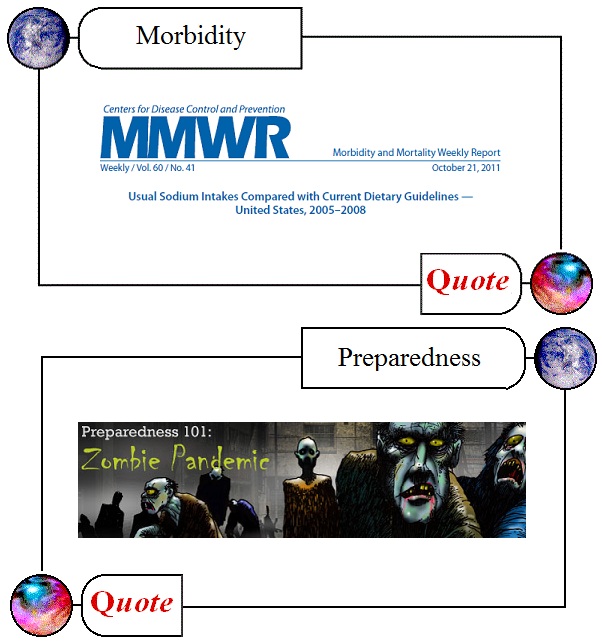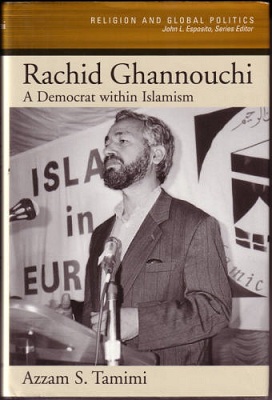Boyd & Beyond 2011 Reading List
Wednesday, October 26th, 2011
[by J. Scott Shipman]
As promised in the original review, the following books and articles were recommended during the Boyd & Beyond 2011 event. Some of these titles are well-known in Boydian circles, others are new to me.
TEMPO Venkatesh Guru Rao [Zen reviewed this book here. Chet Richards here, and Fred Leland here. This is the most anticipated book in my anti-library, but I don’t want to read it until my book is finished and with the publisher.]
Sound Doctrine by Sid Heal
The Mind of War Grant Hammond
The Talent Code Daniel Coyle [This was the lone book that I recommended this year. I read The Talent Code a few years ago and must say, Coyle makes a compelling case for the power of what he calls “deep practice.” His deep practice tracts nicely with Polanyi’s ideas of “indwelling” and tacit knowledge.
Strategic Intuition William Duggan
Unity of Mistakes Marianne Paget
Sensemaking Karl Weick
Sources of Power Gary Klein
Streetlights and Shadows Gary Klein
Heavy Matter Russell Glenn
On Combat Dave Grossman
Bond-Relationship Targeting Dr. Robert J. Bunker (this may not be the precise reference, the topic seems to be within an essay Higher Dimensional Warfare)
Blink Malcolm Gladwell
Descarte’s Bones Russell Shorto
Unrestricted Warfare Qiao Liang & Wang Xianqsui
How to Be Your Own Best Friend Berkowitz and Newman
The Logic of Failure Dietrich Dorner
The Psychology of Personal Constructs GA Kelly
The Unity of the Philosophical Experience, Etienne Gilson
Geography of Thought Richard Nisbett
The classes conducted by Edward Tufte were recommended for visualizing information.
I could not find the following references, so if you have them, please feel free to add a link in the comments or send an email and I’ll add.
1955 Hogenboom Report
Field Command
1970’s Urban Planning/Wicked Problems Rittel and Webbes
Swarming Cato
This is an excellent video series on US Strategic Nuclear Policy.
One closing note, Cameron Schaefer at his blog recommended a healthy dose of fiction for the strategic practitioner, and I agree—here is a link to his list of fiction.
UPDATE 10-29-2011
I did recommend Melanie Mitchell’s book Complexity A Guided Tour, but never managed to write it on the white board—best book I’ve read on the topic.




